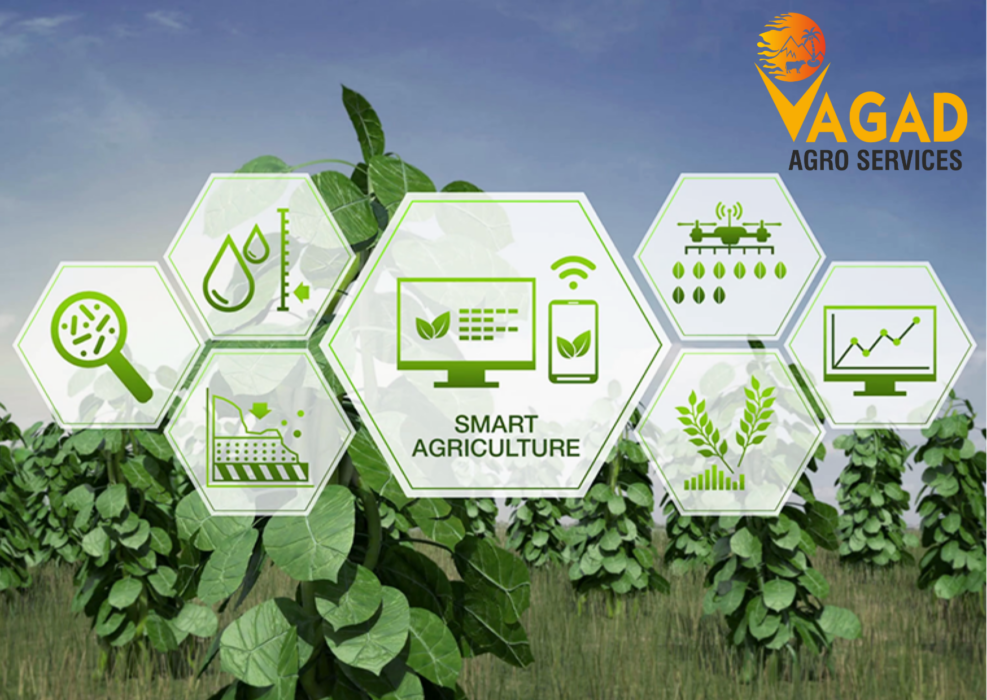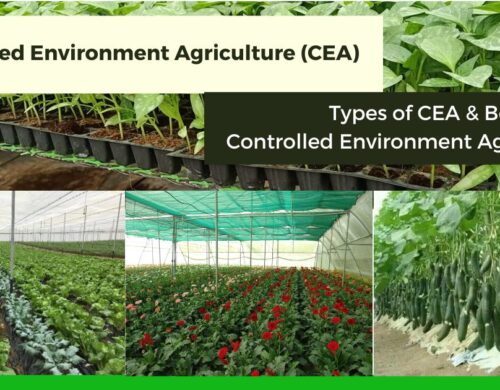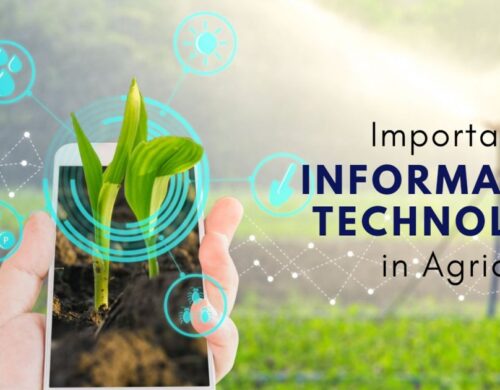
Many attempts have been made to reform agriculture in India since independence. Due to the geographical diversity and cultural differences of India, there is a direct impact on agriculture. Somewhere, considering the earth as a mother, do not plow on it, only seeds are sprinkled and the crop obtained is accepted as God’s prasad. It is difficult to connect the farmers of such India with modern equipment, modern farming. At the same time, the monsoon uncertainty of the region is also a big reason, due to which the farmer is neither advanced nor modern and he is not able to get economic prosperity. Recently, while inaugurating the Artificial Intelligence Summit 2020, responsible for social empowerment, the Prime Minister has said that artificial intelligence will have an important role in agriculture, healthcare, strengthening education, next-generation urban infrastructure.
Artificial Intelligence in Agriculture
In computer science, artificial intelligence refers to the ability of a computer machine to mimic the capabilities of a human brain. It includes learning from examples and experiences, recognizing objects, understanding language, responding, decision making, problem-solving, and the ability to do human-like tasks in combination with other abilities. If this Artificial Intelligence is used in the agriculture sector, then good results will be given.
Big challenges in agriculture
There is still a lack of arrangements for crops in the agricultural fields in front of the farmers of India. Also, due to the massive increase in population, the size of agricultural holdings in different parts has been reduced or decreased. Due to this, the possibilities of big investment in agriculture are getting reduced. However, in the last 20 years, India’s farmers have been able to increase their agricultural productivity even though it does not have enough resources and scientific advice. Concerns have been raised by excessive use of chemical fertilizers, manure, and harmful pesticides to increase agricultural productivity. At the same time, due to uncontrolled exploitation of agricultural resources, there is a huge decrease in the fertility of the soil. Lack of storage and food processing are also major challenges.
Artificial Intelligence can greatly improve the food supply chain
Artificial Intelligence can prove to be effective to ease various tasks related to agriculture and reduce their pressure. The direct impact of all this can be seen in the comprehensive reform of the entire food supply chain. It is to be known that in the financial year 2019-20, tech startups related to agri-food have raised an investment of one billion US dollars through 133 deals. The same, India’s export of agricultural products reached $37.4 billion in 2019. Whereas, the supply chain can be further extended through investments in better storage and packaging. There are many possibilities associated with Artificial Intelligence in the agriculture sector. The world’s agricultural industry is worth about $5 trillion. On this, it is possible to control pests along with the production of crops through technology related to artificial intelligence. Soil and crop growth can be monitored. All the data related to farming can be managed.
Growth Opportunities Through Artificial Intelligence
There are many opportunities for development through Artificial Intelligence in India. According to the data, in the year 2019, the investment in the application of artificial intelligence in agriculture reached almost one billion US dollars globally. It is estimated that by 2030, this investment will reach about the US $ 8 billion with a 30% growth. In this scenario, the Indian agrotechnical market is far behind and despite having potential, it has been able to reach only a 1% level as compared to the US. India’s vastness, geo-diversity, and different types of farming make the opportunities available for artificial intelligence unparalleled in Indian agriculture. Indian agriculture and farmers can help build artificial intelligence solutions not only in India but in the world at large and will provide comprehensive and rich data. Due to the different soil types, different climates and different size-types of fields in India, the data that will be obtained from here will help scientists to develop artificial intelligence tools in the agriculture sector and develop other agricultural solutions.
Artificial intelligence can be used in this way in agriculture
With the help of artificial intelligence, the farmer will be able to prepare the model of the weather forecast. At the same time, it will be able to make decisions to improve accuracy and increase productivity in agriculture. With the help of Artificial Intelligence, farmers will be able to analyze various types of data like weather conditions, water usage, soil conditions, temperature, etc. in real-time, identify problems, know the solutions, and take the right decisions according to the time. After understanding the information about soil, fertilizers, seasonal pests, diseases, etc., he will make the right decision at the right time, which will give him better results. In doing so, he will also contribute to increasing the accuracy and production of agricultural reform crops in different parts of the world.
Artificial Intelligence-powered Crop Yield Forecasting Models and Government Efforts
Work has started on the development of an Artificial Intelligence-powered crop yield forecasting model to provide better advisory to farmers in India. For this, the Government of India has taken the help of ISRO. The government, in collaboration with the industrial sector, has started an Artificial Intelligence-powered crop yield forecasting model in aspirational districts of various states of the country to give the right advice to the farmers. The districts of Assam, Bihar, Jharkhand, Madhya Pradesh, Maharashtra, Rajasthan, and Uttar Pradesh have been included in this project. In this system, data from soil health cards along with remote sensing data given by ISRO, the weather information provided by India Meteorological Department, data related to soil moisture and temperature analysis are used. This enables the use of artificial intelligence-based tools to increase crop productivity and soil yield potential, prevent wastage of agricultural inputs and predict pest or disease outbreaks.
Accuracy in agriculture with the help of artificial intelligence
The Indian farmer is troubled by the lack of accuracy in agriculture due to a lack of information about weather, water, and soil fertility. If the help of artificial intelligence is taken, then accuracy can be brought into agriculture. Through this technique, the shortcomings can be removed by analyzing the soil. At the same time, accurate information about plant diseases, pests, and the nutrition of crops will be available, which will ensure yield. Artificial intelligence sensors can recognize weeds. By putting the right weedicides on them can contribute to agricultural production. Excessive use of pesticides can be limited, which can reduce the bad effects on human health and on nature. The use of artificial intelligence is also possible to overcome the decline in agricultural income. The shortage of workforce in the agriculture sector has become a major challenge. As a result, agricultural income is declining. Artificial intelligence can prove to be a good option to overcome that shortcoming. Humans provide additional support in the work of workers and can be used in many ways. It is also able to identify and remove weeds more accurately. Through this, the cost of agriculture can be reduced. Apart from this, chatbots are also proving to be helpful for the farmers to solve the problems related to agriculture. This special chatbot, designed with the help of experts for agriculture, can answer many types of questions accurately. Also, give advice and seasonal recommendations on agricultural problems.
Kalpesh Pathak
Related Posts

Controlled Environment Agriculture: Benefits and Types of CEA
Controlled Environment Agriculture (CEA) and Protected Farming are closely related and often used interchangeably to refer to similar...

Importance Of Information Technology and Advantages of using IT in Agriculture
Information technology (IT) plays a crucial role in modern agriculture, revolutionizing the way farmers manage their operations, make...
